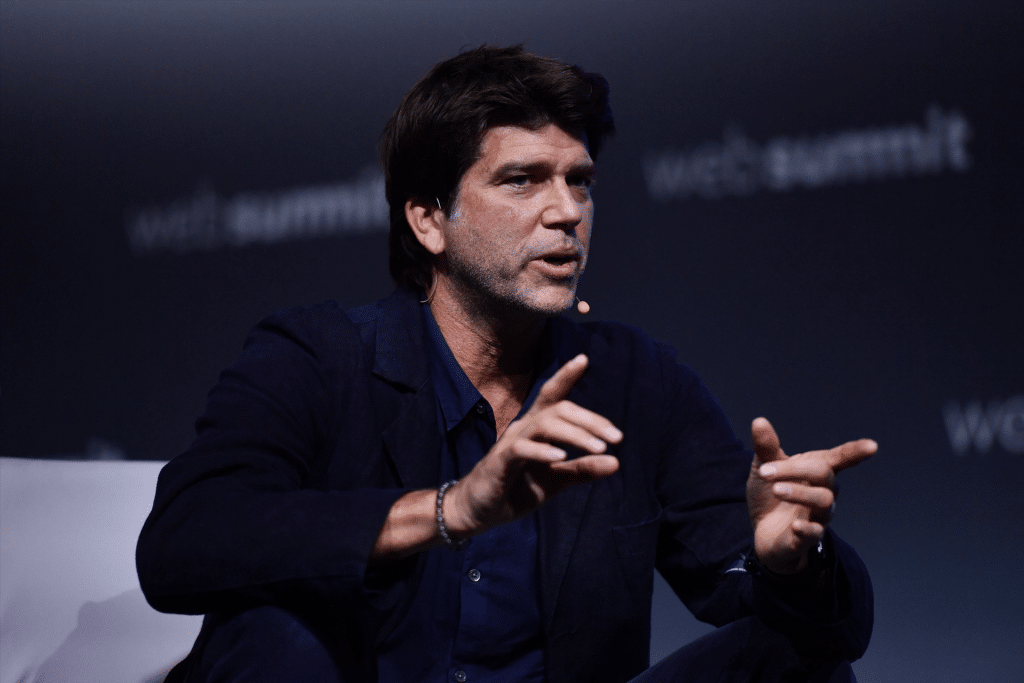Apple Music took the stage at Web Summit 2025 as Ole Obermann, the company’s head of music business worldwide, spoke about creator payments, the future of streaming economics and Apple Music’s ongoing international expansion. His remarks highlighted how the streaming model continues to shift as platforms balance audience growth, licensing demands and artist compensation.
Obermann noted that much of the conversation in today’s music industry revolves around how artists at different career stages can build sustainable revenue. He pointed out that Apple Music continues to shape its payout framework by focusing on accurate tracking and licensed distribution rather than volume-driven strategies that dilute royalties for smaller creators. Throughout the discussion, he emphasized that Apple Music aims to treat its catalog as an ecosystem where both emerging and established artists benefit from stable revenue streams.
Streaming Economics and Artist Compensation
During the panel, Obermann discussed how the economics of streaming have evolved as global growth slows compared with the steep adoption curve of the early 2010s. Markets such as North America and Europe are maturing, while Latin America, India and parts of Southeast Asia continue to expand rapidly. These shifts affect revenue models and require platforms to be more deliberate about how payouts are calculated and how music discovery works.
Obermann addressed concerns in the creative community about how generative-AI audio, non-music content and algorithmic exploitation can distort royalty pools. He said that Apple Music is refining safeguards designed to keep the platform focused on licensed, intentional content rather than uploads engineered to game recommendation systems. According to him, this helps maintain a fairer distribution of royalties as the platform grows.
Apple Music’s Global Expansion
Obermann highlighted how the service’s expansion into new markets continues to shape its priorities. As Apple Music adds catalog depth in regions outside the U.S., the company works more directly with local labels and independent artists to ensure regional genres and cultural movements are accurately represented.
He also noted that Apple Music’s editorial strategy — including human-curated playlists — remains a core component of its identity. While algorithmic tools support personalized recommendations, human editors still guide genre discovery, help elevate emerging artists and provide cultural context that automated systems cannot replicate on their own.
The Future of Music Discovery
Obermann described the challenges and opportunities in a landscape where more music than ever is released each day. Discovery tools must keep pace with this flood of content while remaining fair to independent artists. He referenced improvements to Apple Music’s recommendation systems and search features, designed to help listeners navigate catalogs that now exceed 100 million tracks.
He also acknowledged that short-form video platforms have become major drivers of discovery. Apple Music, he said, is focused on integrating those external dynamics with in-app experiences that help convert viral exposure into long-term listeners.
What Comes Next
The discussion at Web Summit comes at a moment when streaming platforms are being asked to justify their value not just to listeners but to the artists and labels that fuel the ecosystem. As licensing costs rise and content libraries expand, platforms must refine how they handle payouts, how they surface music and how they manage growth in developing regions.
Obermann’s panel reinforced that Apple Music is continuing to position itself around licensed content, creator-first economics and curated discovery, a strategy that reflects Apple’s broader approach to media services. His comments did not introduce new product features but underscored the company’s long-term direction as competition intensifies.
